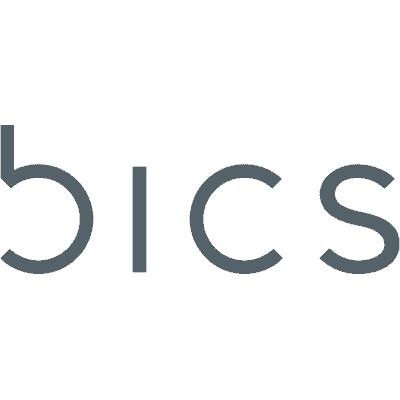We understand you
We dig deeper, ask the uncomfortable questions and push harder to understand your business and your objectives.
















In the fast-paced world of B2B tech, playing it safe can be the biggest risk you can take. That's why at Babel, we partner with brave B2B tech brands who are ready to challenge the status quo and push beyond short-term thinking.
We believe the most impactful work happens when bold creativity and unparalleled experience meet sharp strategy. We empower our clients to be ambitious, providing the data-driven insights and strategic foundation to make their boldest ideas their safest bet yet. We guide brands to tell emotionally resonant stories that build trust, spark attention, and deliver consistency across the entire funnel.
Brave isn't reckless; it's the intelligent and strategic use of marketing and PR to build a category-defining brand. With our deep industry expertise and commercial mindset, we unite brand storytelling with to deliver real business impact. Our integrated approach is designed to help you not just win today's leads, but capture tomorrow's market
We dig deeper, ask the uncomfortable questions and push harder to understand your business and your objectives.
Using our deep technical knowledge we create a unique positioning platform that resonates with your audience through the funnel.
Results matter. We empower you to make data-backed decisions that ensure every campaign drives impact and commercial success.
We believe in a collaborative, human-led approach. Our team becomes your partner, invested in your success because we're an employee-owned business. We provide a safe space to be daring, offering a nurturing environment where we can work together to solve any challenge.

Sean Stapleton
Communications & Engagement Manager - MirrorWeb

Monique Lanne-Petit
Director - Télécoms Sans Frontières

David Taylor
Chief Communications and ESG Officer - Paragon
The nature of the digital economy means that physical borders are no barrier to international commerce. It’s a global marketplace, but it needs a specialist focus across regions. It’s for this reason we have built the Babel Network, a grouping of like-minded agencies with extensive experience working with technology companies. They are all hand-picked and represent the best of breed in their respective geographies.
International campaigns need strong strategy and planning at their heart, based around cultural relevance. Through the Babel Network and collective market knowledge, we can create story angles and tactics to engage global and local audiences, while maintaining brand consistency.
For some clients we implement activity in non-UK geographies directly from our London office, but others have more complex requirements that need on-the-ground support from the Babel Network as part of a hub and spoke approach. Whatever your needs, we can find a solution to achieve your goals.
Clients served by the Babel Network have the best of both worlds. They receive a committed, senior team with specialist technology sector expertise. We also provide a structure that offers a single point of responsibility, management, reporting and billing to deliver integrated global PR and marketing campaigns.